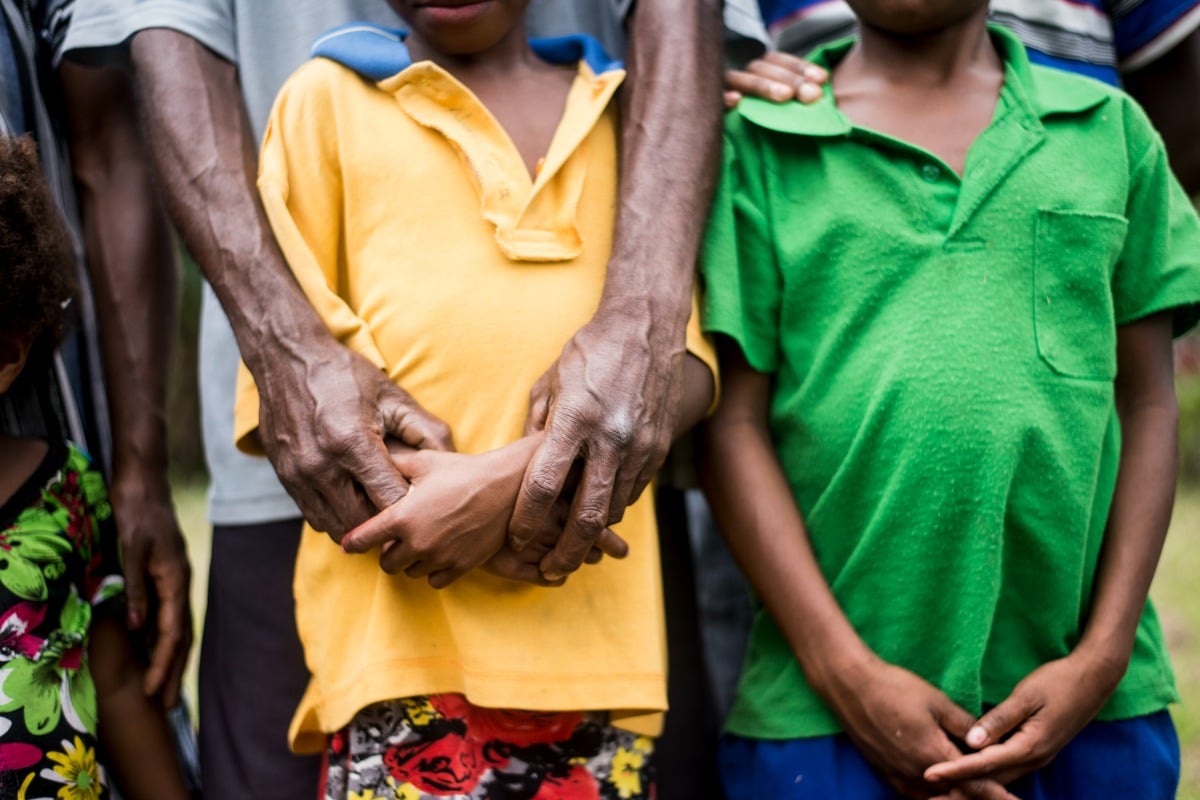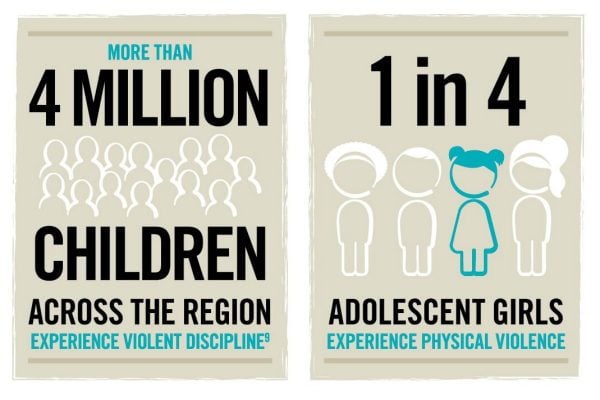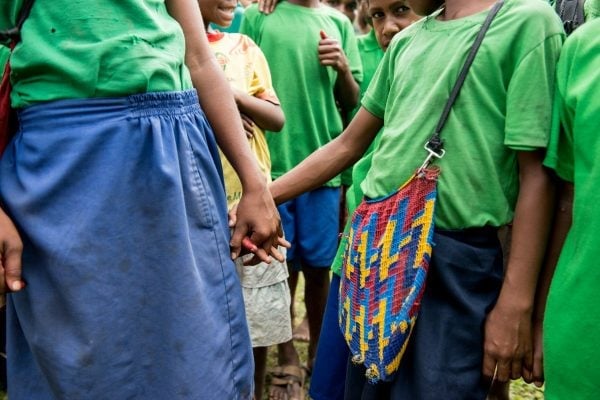
Parenting is hard work.
This is something we hear our mum and dad friends say all the time. I’m sure it is the toughest job I’ll ever do, and I’ve had some tough gigs in my time!
Being a mum to two independent, clever girls aged six and seven, I’m always trying to stay ahead of the game – which I fear rarely happens!
Everyday I’m trying to get them ready for school on time, juggling after school activities and racing home to make dinner and deal with the various tantrums that come my way.
Parenting is tough but at least I have the resources and tools to deal with this task.
I’m lucky, and so are most of my friends. We have homes, steady incomes, supportive family structures, access to parenting courses, and a fantastic local school system. But what happens when these structures and systems aren’t in place?
What happens when you combine poverty and economic insecurity with high levels of gender inequality and entrenched norms around the use of physical discipline in the home?
These questions, and more, are unpacked in a new report that reveals huge and deeply disturbing levels of violence against children in the Pacific and Timor-Leste.
Researched and produced by some of Australia’s leading aid organisations, Save the Children, ChildFund, Plan International and World Vision, the report shows that over 4 million children across eight countries experience violent discipline at home, including a staggering 2.8 million (75 per cent of the child population) in Papua New Guinea and over 600,000 children in Timor-Leste (at least 87 per cent of the child population).






























































































